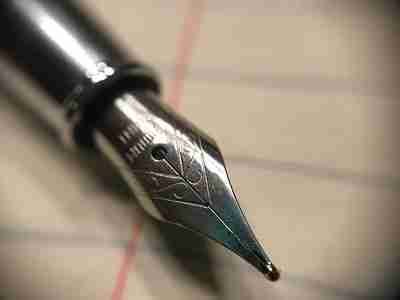My father, Lt Col Chotu Ram took part in the Liberation War as a young subaltern but rarely spoke of those times. When I was a cadet in the NDA, many years later, I had come on leave after the first term and was sitting beside him in our village. Inevitably, I drew the conversation to what was of interest to me.
”What did you do during the 1971 War with Pakistan”? I asked.
He was sitting on the floor, mending a rubber slipper strap with a cobbler’s awl. The man must have seen so many things in his life. He sat on a gunny sack repairing his footwear himself. He was posted in Kupwara and had come on a short leave to see me.
“How are you finding NDA” he asked bemusedly?
“NDA is a piece of cake dad compared to farm work in the village,” I replied.
“Won any medals yet” he asked?
“No dad, but first termers rarely win medals”.
My father was not to be put off. “Stop giving excuses. Let me see you excel in something”. But his eyes were smiling.
“Now tell me about your experiences in the Liberation War,” I persisted.
He smiled and kept his awl aside. Then he narrated this story.
I was a subaltern then and a few years older than what you are now. I was posted in the Assam Regiment and my battalion was deployed opposite Hilli in East Pakistan. One night, I was working on map enlargements and sketches. The CO had given me some urgent work. The lantern threw a dim yellow light and the tent reeked of kerosene. A Naga orderly came to my tent.
“Aa shakta shaab”? “Yes,” I muttered.
“Shaab, one shaab has come to meet you”.
“Tell him to wait here,” I said. “I will be right back”. I rolled up my maps and left for the tactical headquarters which were in a tent in a nearby grove. The night was chilly, and the sound of cicadas filled the air from the nearby bamboo thickets. I returned a few minutes later to find a tall man outside my tent speaking to my Naga orderly. He heard my footsteps and turned.
“Shamsher you,” I asked in surprise! We went inside the pup tent where I poured out rum in a white enamel mug and gave it to Shamsher. His gentle wide eyes under the turban bespoke of a calm, composed and peaceful nature and I often jokingly referred to him as Babaji. We were dear friends as we shared common tastes and had similar family circumstances.
The war seemed far off, suspended for a moment. Our ears stopped hearing the sound of our guns firing in the distance and the crump of the exploding shells inside East Pakistan. We started talking. There was only one and we passed it between us. His parents had seen a girl for him and he would get married after the war was over.
“My father groans like this when he wakes up and says, ‘Wahe Guru,’ time to milk the buffaloes and heft the plough share. What does your father say, the first thing in the morning Chhotu”?
“Nothing, my dear friend. I am an orphan.I don’t remember ever having a father?”
“Oh”. There was compassion in Shamsher’s voice.
“But I do have a termagant mother who would throw a Jutti at me if I didn’t get out of bed at four in the morning to milk our buffalo”. “Get up you good for nothing, idle dheedh” she would snarl and I would jump and be awake.
Shamsher laughed. “You Haryanvis have such a crude dialect. What does dheedh mean”?
“It’s a slang for a rascal,” I said. We talked some more and then it was time for Shamsher to leave. He took off his brand new HMT Jawan watch and gave it to me. “This is for you my Yaara”. He had seen my empty wrist. He then fumbled in the folds of his tunic and took out a letter. “Give it to my father,” he said.
“Keep your watch Shamsher. I cant accept it. You will need it.”
“Chhotu, I won’t need a watch where I shall be tomorrow”. He hugged me and walked off into the night, the tall Sikh Babaji.
The next morning Eighth Battalion of the Brigade of the Guards went in to attack. Second lieutenant Shamsher Singh Samra led his platoon into the teeth of enemy machine guns in the war for the liberation of Bangladesh. He was awarded the Maha Vir Chakra, posthumous, for gallantry on the battlefield. It was left for me to deliver his letter home.


